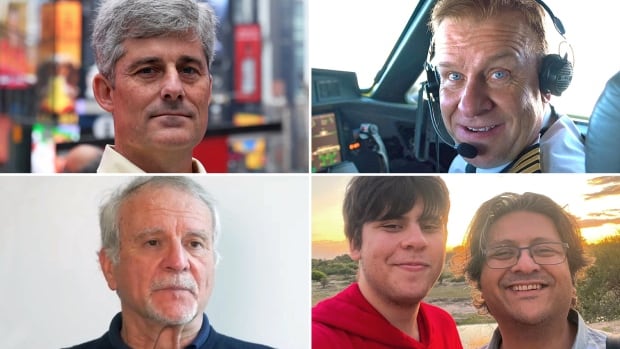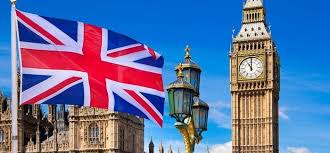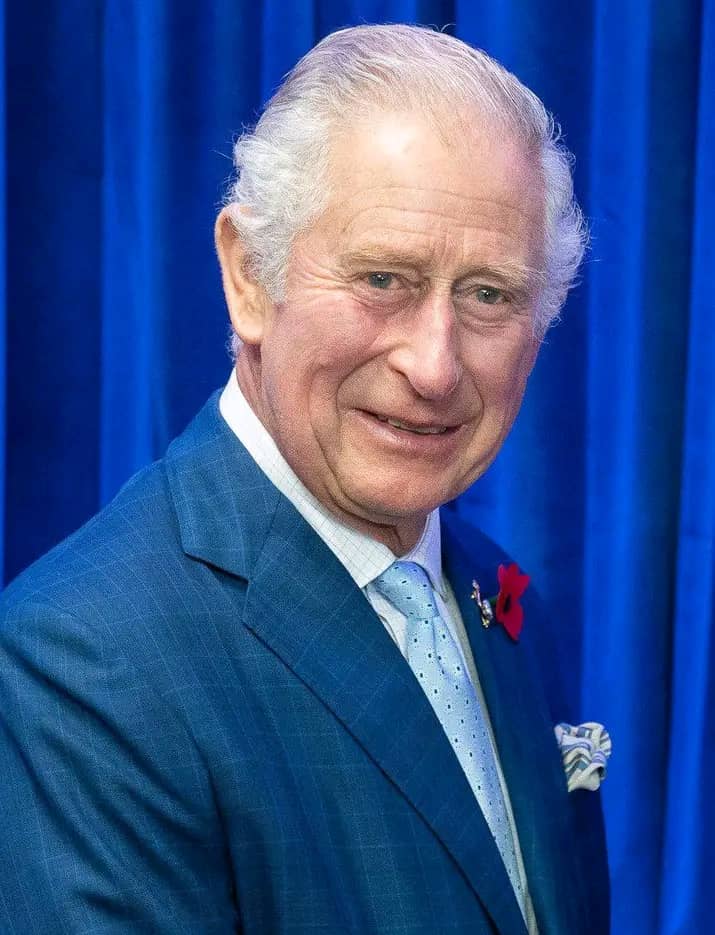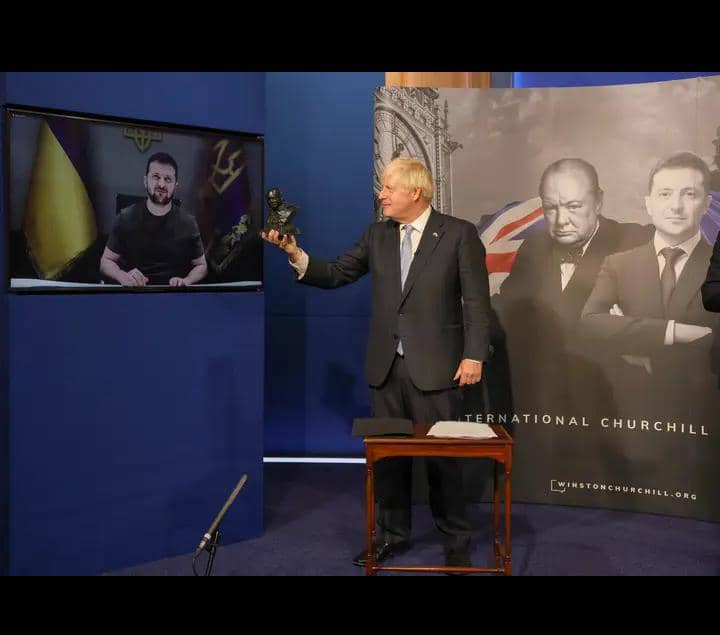Titanic submersible: Pilot, 4 passengers presumed dead
By Muhammadu Sabiu All five passengers of a missing submersible near the Titanic catastrophes, according to sub operator OceanGate, have died. It's now suspected that Paul-Henri Nargeolet, Hamish Harding, Shahzada Dawood, and…









